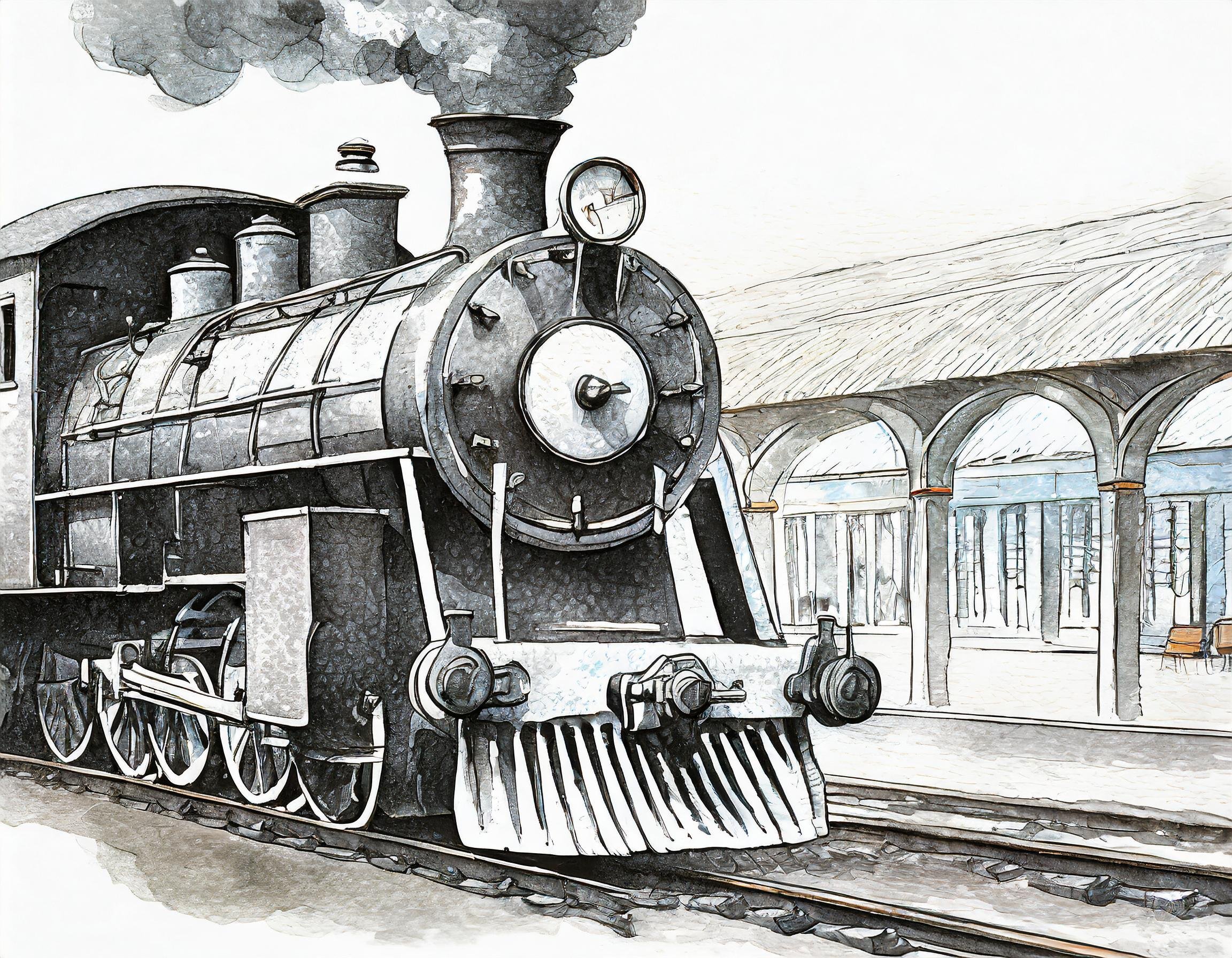Everything that was harvested, grandma had to boil down: Beans, strawberries, salsify, currants, gooseberries, everything. Potatoes, carrots, and cabbage were stored in the cellar.
This post has been moved. Please follow us on Medium to read and/or listen (!) to it in full.
This is a supporter-funded publication. To receive new contributions and promote my work, become a subscriber:
